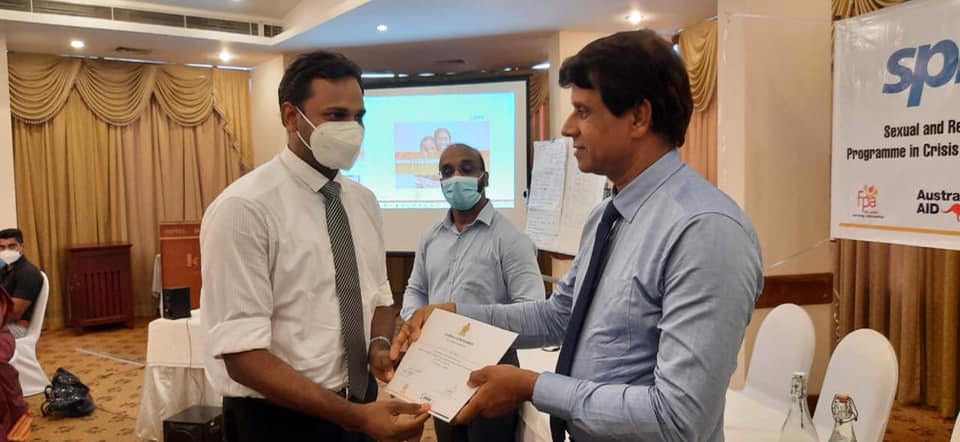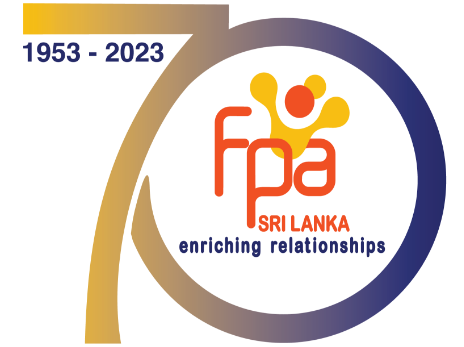MISP Training on Sexual and Reproductive Health during Emergencies

A Two-day MISP Training on Sexual and Reproductive Health during Emergencies took place on the 20th and 21st of April for Army health personnel, MOH doctors and trainees of the Post Graduate Institute of Medicine.
The comprehensive sessions addressed a variety of topics. Mainly:
• Introduction to SRH during emergencies – Disaster Profile of Sri Lanka and an introduction to ‘MISP’- The Minimum Initial Service Package (MISP) is a set of life-saving activities to be implemented at the onset of every humanitarian crisis
• Coordinating SRH services during emergencies - Global and local humanitarian mechanisms and Leading and coordinating SRH services during a humanitarian response
• Role of the SRH coordinator for preparedness and response
• The prevention of sexual and gender based violence and responding to the needs of survivors
• The prevention of transmission of and reducing morbidity and mortality due to HIV and other STIs during emergencies
• The prevention of excess maternal and newborn morbidity and mortality - Maternal and newborn health in crisis and post crisis situations, Clean delivery and immediate newborn care and Prevention of unintended pregnancies and family planning during emergencies.
• The need for inclusion of people with disabilities, LGBTIQ communities and PLHIV during emergency response
• The plan for comprehensive SRH services integration into the primary health care package
The speakers were Dr Harischandra Yakandawala – FPA Sri Lanka SPRINT Project Consultant and Dr Novil Wijesekara Consultant Community Physician, Disaster Preparedness and Response Division, Ministry of Health.
.png)


